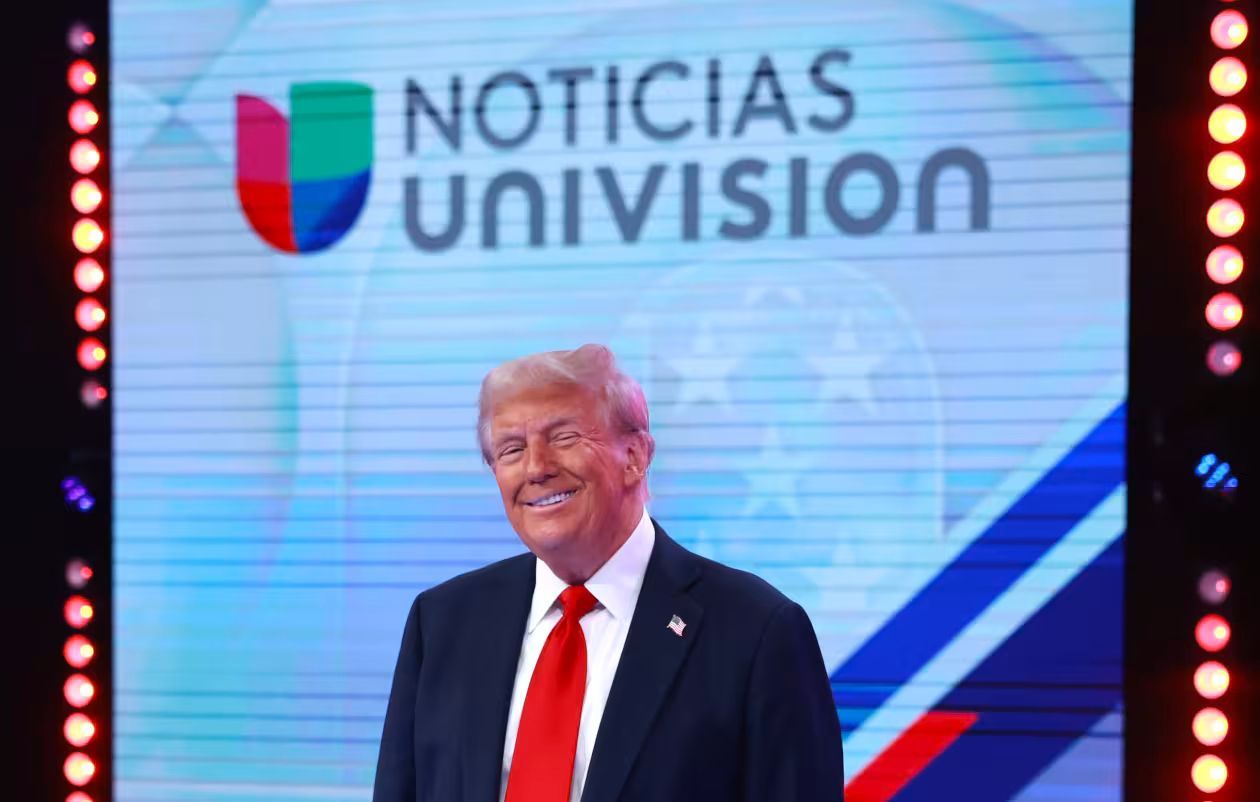China, Japan, and South Korea Set to Join Forces Against U.S. Tariffs, Chinese State Media Reports
GET YOUR FREE WEALTH KIT NOW
FILL OUT THE FORM TO GET YOUR ULTIMATE WEALTH KIT
Countries Unite to Combat the Trump Tariffs
In a significant move to strengthen their economic alliances, China, Japan, and South Korea have agreed to take a unified stance against the U.S. tariffs that have been a point of tension in recent years. The agreement comes after the three countries held their first economic dialogue in five years on Sunday, underscoring their commitment to enhancing regional trade cooperation as they prepare for the economic challenges posed by the United States under President Donald Trump’s administration.
The announcement, which was made through a post by a social media account linked to Chinese state broadcaster CCTV, highlights the shared concerns of these Asian economic giants regarding the tariffs imposed by the U.S. As the trade war between the U.S. and China continues to evolve, Japan and South Korea are looking to deepen their trade ties with China, particularly in the area of semiconductor raw materials.
According to the post, Japan and South Korea have expressed interest in importing essential semiconductor materials from China, while China is eager to expand its purchase of finished chip products from its neighbors. This reciprocal trade interest points to a mutual recognition of the importance of these high-tech industries, which have become a cornerstone of the global economy.
Strengthening Economic Ties and Regional Cooperation
One of the key points of the dialogue was the emphasis on strengthening supply chain cooperation between the three countries. The economic ministers of China, Japan, and South Korea agreed to pursue more in-depth discussions on export controls, signaling a collective effort to protect and expand their respective industries while mitigating the impact of external pressures, such as tariffs imposed by the U.S.
The three nations also committed to discussing the prospects of a free trade agreement between South Korea, Japan, and China—an initiative that could significantly enhance regional economic integration. The ministers expressed their determination to push for "comprehensive and high-level" talks aimed at bolstering trade within Asia and creating more robust trade frameworks that could have a far-reaching impact on global markets.
This decision to take joint action comes just days before President Trump is expected to announce new tariffs, a move he has referred to as "liberation day," which marks a further escalation in the ongoing trade dispute. As the U.S. continues to challenge its trade partners, Beijing, Seoul, and Tokyo are determined to shield their economies from the potential fallout by forging stronger alliances among themselves.
Navigating Tensions and Past Disputes
While the economic dialogue was a step forward in terms of trade cooperation, it is important to note that these three nations have not always seen eye to eye on various political and historical issues. Long-standing territorial disputes between Japan and South Korea, as well as tensions related to Japan's handling of wastewater from the Fukushima nuclear disaster, have sometimes complicated diplomatic relations in the region.
Despite these challenges, the shared economic interests among China, Japan, and South Korea have propelled them toward finding common ground. In particular, their reliance on each other as major trading partners has created a strong incentive for cooperation, even as they face external pressures from the United States.
A New Era of Regional Cooperation
As China, Japan, and South Korea look toward the future, the decision to collaborate on economic matters comes at a crucial time. With global trade dynamics shifting and the U.S. implementing more tariffs, these nations are signaling a united front in defense of their economic interests. The outcome of this dialogue could not only reshape the regional trade landscape but also have significant implications for global trade policy.
As the three countries prepare for ongoing discussions, it will be interesting to see how their collective approach to trade and tariffs influences broader global economic trends. With China, Japan, and South Korea coming together to respond to U.S. trade policies, their joint efforts may serve as a model for other nations facing similar challenges in the complex world of international trade.
GET YOUR FREE WEALTH KIT NOW
FILL OUT THE FORM TO GET YOUR ULTIMATE WEALTH KIT
SHARE:
MORE NEWS








